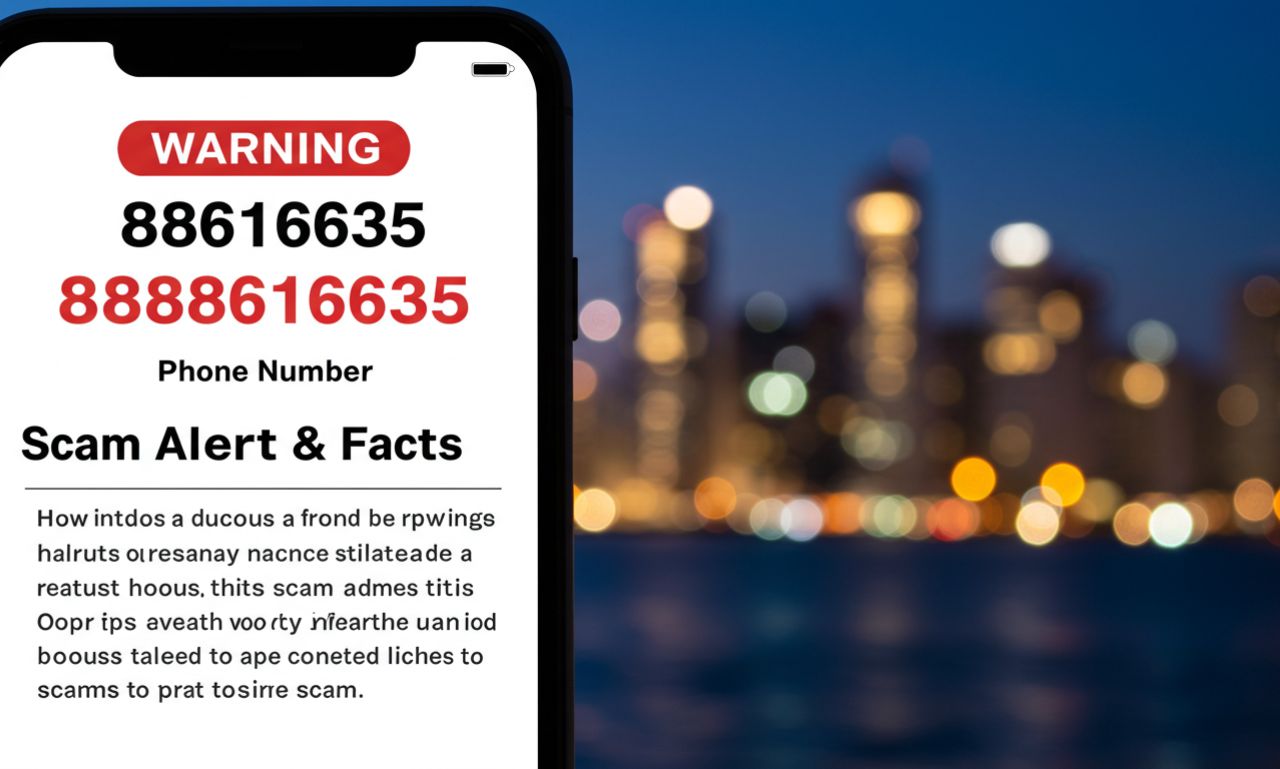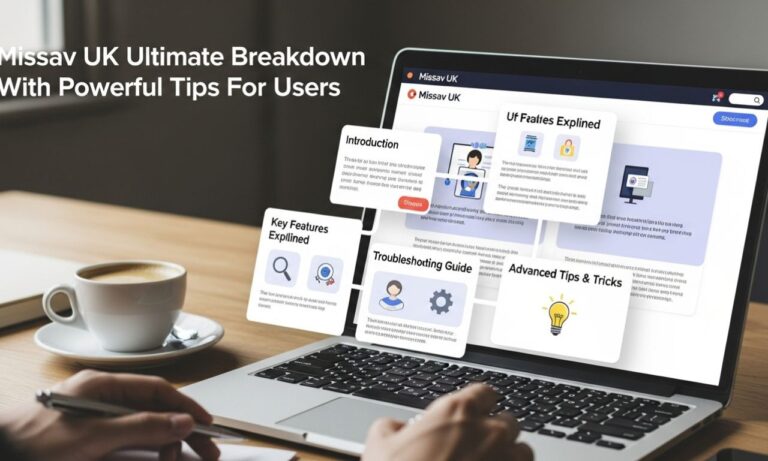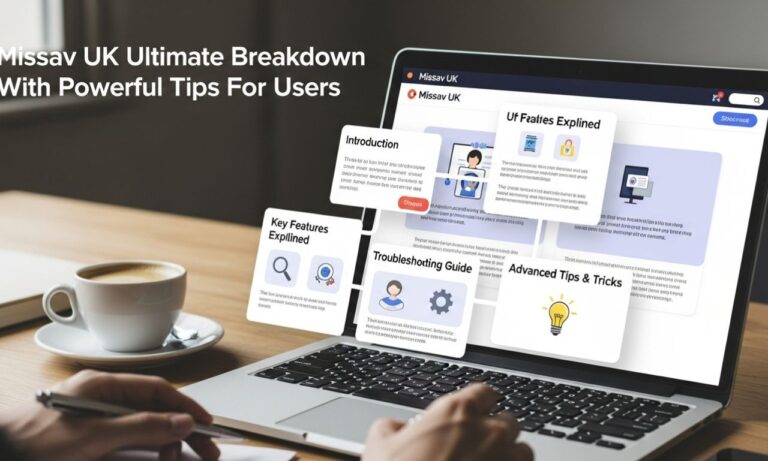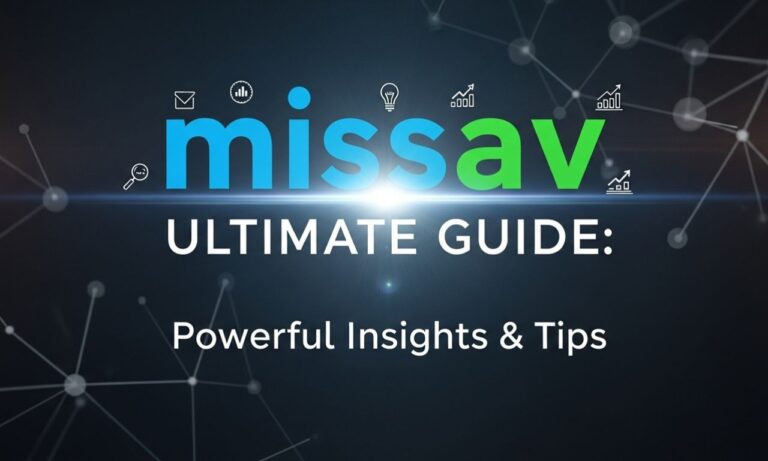
Whenever the number 8886166635 pops up — via text message, phone call, or social post — it’s natural to wonder: Is this legitimate, or is it a scam? In recent months, 8886166635 has gained notoriety as a line used in alleged fraud schemes, particularly targeting recipients of government benefits. This article delves into everything currently known about 8886166635: how the scam operates, warning signals, real vs fake usage, steps to respond, and how to protect yourself against identity theft.
8886166635 Overview & Background
The number 8886166635 is formatted like a toll-free U.S. number (with the 888 prefix).
Because toll-free prefixes are commonly used by legitimate businesses, scammers exploit that trust by impersonating agencies or services. The number has been widely reported in connection with scams involving EBT cards (Electronic Benefit Transfer) in the U.S.
These reports suggest that malicious actors use 8886166635 (or messages appearing to come from it) to claim that a person’s EBT benefits or card is suspended, hacked, or “frozen,” and instruct the victim to call back and reveal sensitive information.
In short, 8886166635 is widely considered by many cyber safety sources to be linked with a fraud scheme, rather than a legitimate service.
How the 8886166635 Scam Works
Understanding the mechanics helps in spotting red flags. Below is how the scam reportedly operates:
-
Unsolicited Text or Message
A person receives a text alert saying their EBT benefits are suspended, disapproved, or under review — often claiming urgent action is needed. The message includes the number 8886166635 as the contact. -
Prompt to Call Back
The message urges the recipient to call 8886166635 to resolve the issue. The tone is often urgent or threatening (e.g. “your benefits will be terminated”). -
Automated System / Agent Interaction
Once you call back, an automated system or a supposed agent may ask you to verify your EBT card number, PIN, social security number, or other personal identifying details. Some systems may instruct entering your card number and PIN over keypad to “restore access.” -
Information Harvesting
The scam’s objective is to collect sensitive data which can be used to drain benefits, commit identity theft, or sell the data to other criminals. -
No Real Restoration
After providing the information, you’re typically left with no resolution — your benefits remain inaccessible, or worse, you find fraudulent transactions or misuse.
Because of this model, 8886166635 is widely flagged by cybersecurity and anti-scam websites.
Legitimate Toll-Free Use vs Scam Activity
Not every use of an 888 number is fraudulent. It’s important to understand what distinguishes legitimate calls from scam attempts.
Legitimate uses of 888 numbers include:
-
Customer service lines
-
Corporate support and customer helplines
-
Government hotlines (some agencies use toll-free lines)
-
Nonprofit organizations
Because these are common, scammers exploit the same format to create a false sense of legitimacy.
In the case of 8886166635, multiple sources have found no credible evidence of a genuine organization associated with it. Instead, it is repeatedly linked to EBT scams in vigilance and cybersecurity reporting.
Thus, when 8886166635 contacts you under the pretense of an urgent benefit issue, the burden of proof lies on the caller to validate their identity via independent, trusted channels.
Red Flags & Warning Signs of 8886166635 Scam
When you see this number or message content, watch for the following warning signs:
-
Unsolicited communication: You did not request information or expect a call from your benefits provider.
-
Urgency / pressure: The message or call demands immediate action, threatening cancellation or negative consequences.
-
Request for private data: Asking for PINs, full card numbers, SSNs, or verification codes.
-
No official identification: The caller does not clearly identify themselves, their agency, or provide verifiable credentials.
-
Inability to verify via official channels: If you cannot confirm the call with the actual EBT or benefits office using known contact info.
-
Generic or vague messaging: Messages are often generic (“your benefits”) rather than referring to your specific name or case.
-
Caller avoidance: The caller may refuse to let you call them back via publicly listed numbers or claim the line is the only way to resolve the issue.
If you observe several of these signs associated with 8886166635, you should treat the contact as potentially fraudulent.
Steps to Take If Contacted By 8886166635
If you receive a call, message, or voice prompt from 8886166635, here is a safe response plan:
-
Do not provide sensitive information
Never share your EBT card number, PIN, Social Security number, or other personal data to an unverified caller. -
Check for voicemail or call record
Legitimate organizations often leave identifying details in a voicemail — such as their department name, callback number, or case reference. -
Verify via official sources
Use contact numbers from your government benefits documentation or the official EBT website to verify if there’s an actual issue. Do not call back 8886166635 based on the text alone. -
Search the number online
See whether the number is reported in scam databases or consumer forums. Many websites now mention 8886166635 in EBT scam listings. -
Block the number
On your phone, block incoming calls and texts from 8886166635. -
Report the incident
-
Contact your state or federal EBT agency to report the fraudulent attempt.
-
Report to the Federal Trade Commission (FTC) or equivalent body in your country.
-
Use your mobile carrier’s spam reporting tools (e.g. Report Junk).
-
-
Monitor your accounts
If you accidentally disclosed any data, monitor your benefits account, bank statements, and credit for any suspicious activity.
By following these steps, you reduce the chances of falling victim to the fraud associated with 8886166635.
Why Scammers Use Numbers Like 8886166635
Scammers choose toll-free numbers like 8886166635 for several reasons:
-
Credibility by appearance: Toll-free formats look official and trustworthy to many people.
-
Spoofing possibilities: They can mask or alter the visible number to appear as 8886166635 (or similar) even if the call originates elsewhere.
-
Low cost to scammers: Calls or SMS using VoIP or bulk messaging services are inexpensive.
-
Psychological leverage: By using urgency and threat language, victims are more likely to comply.
-
Wide reach: Using generic alerts (e.g. “Your benefits”) allows them to blast many numbers and hope a few respond.
Because of these advantages, 8886166635 and similar numbers become part of mass scam tactics.
Real-World Reports & Incidents Involving 8886166635
Here are documented instances and reporting of 8886166635 in scam activity:
-
EBT Scam Texts
Multiple cybersecurity alerts warn that 8886166635 is used in fraudulent texts claiming EBT cards are deactivated or frozen, followed by prompts to call and enter card info. -
Investigative Posts
Tech blogs and scam-watch websites analyze 8886166635, describing how no verifiable entity owns that number, and flagging it for impersonation attempts. -
Consumer Warnings
Users in online forums have shared receiving calls or messages from 8886166635 with threatening or alarming language. Many urge others not to respond. -
Alternate Claims
Some sites allege the number is tied to debt collection agencies, but such claims lack verifiable proof and are often part of misinformation or scam arms.
No credible regulatory or government agency has confirmed 8886166635 as a legitimate or authorized contact number for EBT or benefits services.
Legal & Regulatory Context for 8886166635 Scams
In the U.S., scams involving government benefits (like EBT) and impersonation are illegal, and are subject to enforcement by agencies such as:
-
FTC (Federal Trade Commission)
-
US Department of Agriculture (USDA), which oversees EBT programs
-
State Attorney General offices
-
FCC (Federal Communications Commission) for abuses of phone services
Victims can file complaints with FTC’s identity theft division or contact their state’s consumer protection office. Many states also have hotlines for reporting fraudulent text messages or robocalls.
Because 8886166635 is part of a pattern of impersonation, reporting helps authorities flag such numbers and track scam networks.
Precautions to Avoid Falling for 8886166635 and Similar Schemes
Preventive steps help minimize risk:
-
Be skeptical of unsolicited messages demanding urgent financial or identity actions.
-
Verify with known official sources — always use numbers you know independently.
-
Never enter PINs or passwords based on a single call without verification.
-
Enable spam filters and call blocking tools on your phone.
-
Educate others, especially vulnerable populations (elderly, low income) about such scams.
-
Keep your accounts secure with strong, unique passwords and two-factor authentication.
Vigilance is the best defense when dealing with numbers like 8886166635.
Alternate Possibility: Legitimate Call vs False Positive
Although most data links 8886166635 to scams, it’s possible in rare cases that a legitimate entity uses a toll-free line and the number is misused or spoofed. Here’s how you might distinguish:
-
Check your recent transactions or service history — Did you recently apply for something or request support where a call back might be expected?
-
Ask for identifying information — a real caller should provide credentials you can verify (official department, name, reference number).
-
Request alternative contact — tell them you’ll call back using the publicly listed number on the official website.
-
Get everything in writing via email, preferably on official domain.
-
Look up business registries — see whether 8886166635 shows up tied to a registered company.
If you do confirm legitimacy via those steps, you can decide to proceed cautiously.
Final Thoughts
The number 8886166635 has become prominent in reports about scam attacks — notably targeting users of EBT (food benefits). The method involves sending alarming text messages, prompting recipients to call back and reveal sensitive account or identity data. Multiple cybersecurity sources highlight the number as part of an ongoing fraud pattern.







